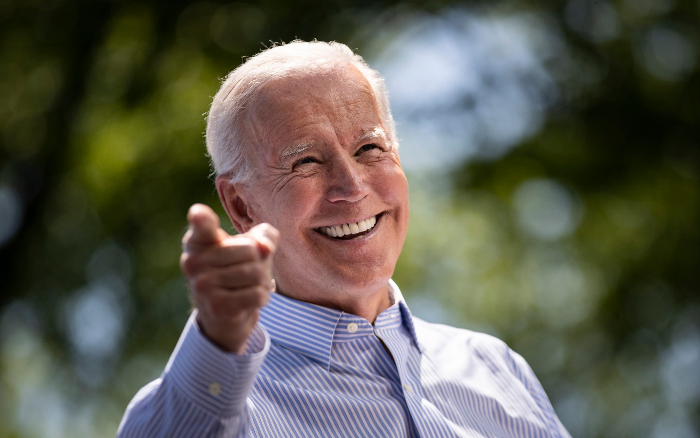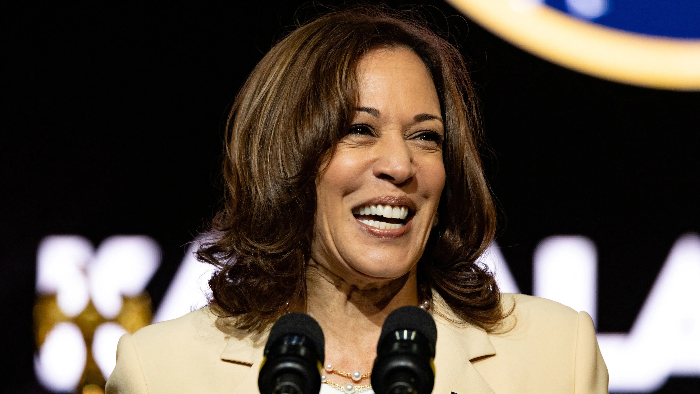Eric Thompson Show
In a significant development, Fani Willis, the District Attorney of Fulton County, Georgia, experienced a notable setback in her high-profile investigation into former President Donald Trump. The case, which centers on allegations of election interference during the 2020 presidential race, has hit a critical roadblock, potentially altering its trajectory and implications.
The Georgia Court of Appeals has suspended a case against a Donald Trump co-defendant, dealing a setback to Fulton County District Attorney (DA) Fani Willis, pending Trump’s appeal to remove her from the case. On Wednesday the court overturned Judge Scott McAfee’s ruling from earlier this month in which he rejected Hampton’s request to have the case against her suspended, pending the outcome of other appeals.

Willis’ request came after an Appeals Court order on June 5 to indefinitely pause trial proceedings against Trump and other co-defendants during their appeal against Judge McAfee’s March decision to allow Willis to stay on the case.
Former Coffee County elections director Misty Hampton is one of 19, including Trump, accused of conspiring to overturn the result of the 2020 U.S. presidential election in Georgia. All co-defendants deny the charges, apart from four who have taken a plea deal.
Willis’ probe into Trump’s efforts to influence Georgia’s election results has been marked by intense scrutiny and controversy. Central to the case is a recorded phone call between Trump and Georgia Secretary of State Brad Raffensperger, during which Trump purportedly urged Raffensperger to “find” enough votes to overturn Joe Biden’s victory in the state. This investigation, seen by many as a litmus test for the accountability of high-ranking officials, now faces legal challenges that could undermine its progress.
Legal experts assert that this limitation could severely impair the prosecution’s ability to construct a robust case against the former president. The exclusion of key evidence may hamper efforts to demonstrate intent and coordination among Trump and his allies. The judge’s decision underscores the legal complexities and high stakes involved in prosecuting a former president, a scenario unprecedented in American history.
Furthermore, this setback has sparked a wave of commentary from both sides of the political spectrum. Conservatives argue that the ruling highlights the flaws in Willis’ approach, suggesting that her case lacks the substantive foundation required for a successful prosecution. They assert that the pursuit of Trump is driven more by political motivations than by solid legal grounds. As one conservative commentator noted, “This ruling exposes the overreach and political bias that has tainted this investigation from the start” .
Conversely, progressives maintain that the judge’s decision is a technicality that should not detract from the broader allegations against Trump. They argue that the essence of the case remains intact and that Willis’ determination to hold powerful figures accountable is commendable. However, this perspective is not without its critics, who perceive it as an attempt to deflect from the substantive weaknesses in the prosecution’s case.
The implications of this development are far-reaching. For Trump, the ruling represents a potential reprieve from one of the most serious legal challenges he faces. It also reinforces his narrative of being the target of a politically motivated witch hunt, a claim he has consistently made in response to various investigations. Trump’s legal team has seized upon the ruling, portraying it as vindication and a sign that the case against him is unraveling. As one of his attorneys stated, “This decision is a significant victory for President Trump and a clear indication that the prosecution’s case is built on shaky ground” .
For Willis, the road ahead appears increasingly arduous. The ruling necessitates a strategic recalibration of her approach, requiring her to navigate the legal obstacles with heightened precision. The challenge lies not only in presenting a compelling case within the constraints imposed by the court but also in maintaining public confidence in the integrity and impartiality of her investigation.
This setback also reverberates beyond the immediate legal context, touching upon broader themes of justice, accountability, and the rule of law. It raises critical questions about the efficacy of the legal system in addressing allegations of misconduct at the highest levels of government. The outcome of this case will undoubtedly influence public perceptions of legal accountability for powerful individuals and shape the discourse around the limits of prosecutorial authority.
In the coming months, the focus will be on how Willis adapts to this judicial setback and whether she can marshal sufficient evidence to sustain her case against Trump. The stakes are high, and the ramifications of this legal battle will extend well beyond the courtroom, impacting the political landscape and the public’s faith in the justice system.
Ultimately, this development underscores the complexities and challenges inherent in prosecuting a former president. It highlights the delicate balance between legal rigor and political considerations, a balance that will be scrutinized as the case progresses. For Fani Willis, the path forward demands not only legal acumen but also an unwavering commitment to the principles of justice and accountability.


